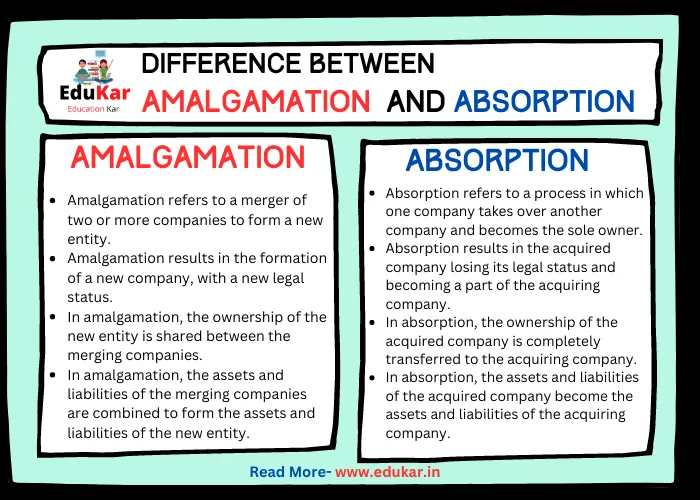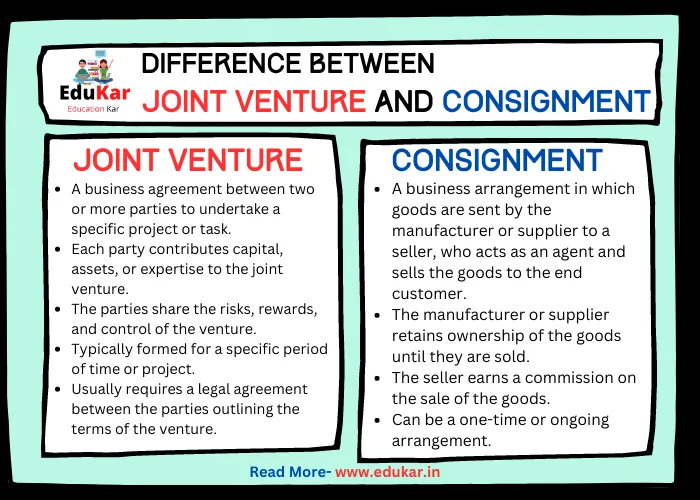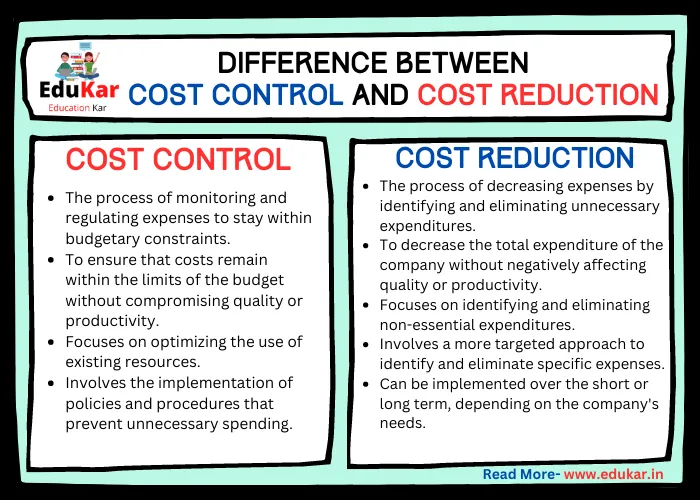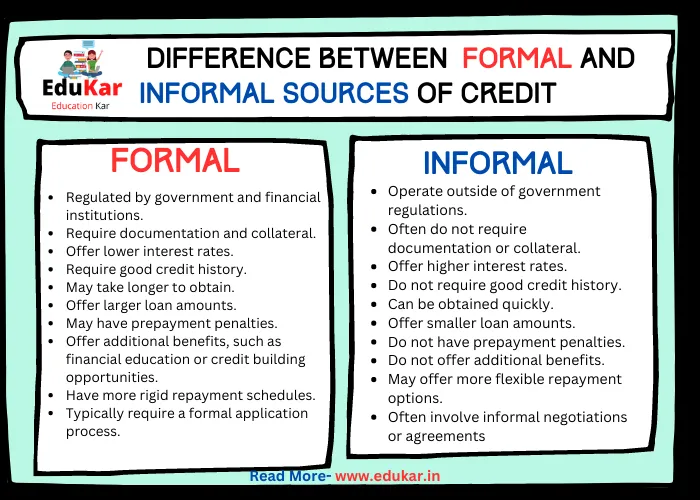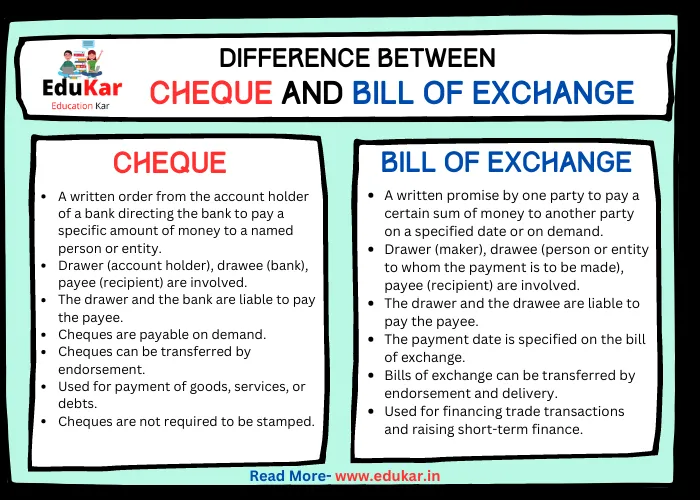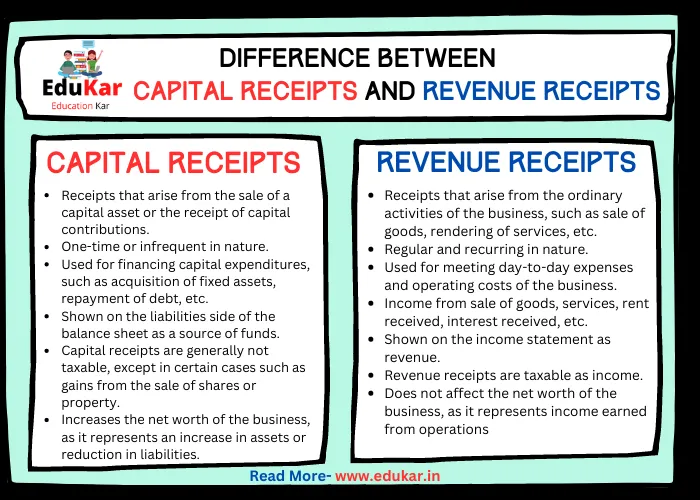Contents
- 1 Introduction
- 2 Dissolution of Partnership
- 3 Dissolution of Firm
- 4 Differences between Dissolution of Partnership and Dissolution of Firm
- 5 Conclusion
- 6 FAQs
- 6.1 What is the difference between dissolution of partnership and dissolution of firm?
- 6.2 What are the legal implications of dissolution of partnership and dissolution of firm?
- 6.3 What are the financial implications of dissolution of partnership and dissolution of firm?
- 6.4 When should a partnership consider dissolution?
- 6.5 When should a firm consider dissolution?
- 6.6 Can dissolution of partnership lead to dissolution of the firm?
- 6.7 What is the role of creditors in the dissolution process?
This article explores the key distinctions between the dissolution of a partnership and the dissolution of a firm, two commonly confused concepts in business. Learn about the legal and financial implications of each process and how they affect partners, creditors, and other stakeholders. Gain a better understanding of when and why to pursue either option, and how to navigate the process effectively.
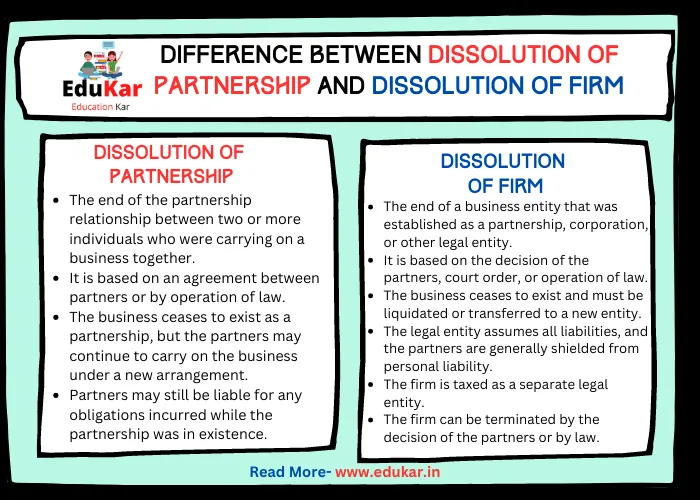
Introduction
Partnership and firm are two common forms of business structures, and they have their differences. It is essential to understand the differences between the dissolution of partnership and the dissolution of firm. When a business entity decides to close down, it goes through a process known as dissolution.
Dissolution of Partnership
A partnership is a business structure where two or more individuals agree to work together in a business venture. Dissolution of partnership is the process of ending a partnership. There are various reasons for the dissolution of partnership, such as disagreements among partners, retirement of a partner, death of a partner, or bankruptcy.
The consequences of the dissolution of partnership depend on the terms of the partnership agreement. The partnership agreement may specify how the assets and liabilities will be distributed among the partners. If the partnership agreement does not specify how to distribute the assets and liabilities, then the state law will determine how to distribute them.
The procedure for dissolution of partnership involves several steps, such as notifying creditors, paying off debts, distributing assets, and filing the necessary paperwork with the state.
Dissolution of Firm
A firm is a business structure where a group of individuals operates a business as a single entity. A firm can be a corporation, limited liability company, or any other legal entity. Dissolution of a firm is the process of ending the business operations of a firm. There are various reasons for the dissolution of a firm, such as bankruptcy, insolvency, or court order.
The consequences of the dissolution of a firm depend on the type of business structure. For instance, in a corporation, the shareholders’ assets are protected from the firm’s liabilities, whereas in a partnership, the partners’ assets are not protected from the partnership’s liabilities.
The procedure for dissolution of a firm involves several steps, such as notifying creditors, paying off debts, distributing assets, and filing the necessary paperwork with the state.
Differences between Dissolution of Partnership and Dissolution of Firm
| Dissolution of Partnership | Dissolution of Firm | |
|---|---|---|
| Definition | The end of the partnership relationship between two or more individuals who were carrying on a business together. | The end of a business entity that was established as a partnership, corporation, or other legal entity. |
| Basis | It is based on an agreement between partners or by operation of law. | It is based on the decision of the partners, court order, or operation of law. |
| Continuity | The business ceases to exist as a partnership, but the partners may continue to carry on the business under a new arrangement. | The business ceases to exist and must be liquidated or transferred to a new entity. |
| Liability | Partners may still be liable for any obligations incurred while the partnership was in existence. | The legal entity assumes all liabilities, and the partners are generally shielded from personal liability. |
| Taxation | Partners are taxed individually on their share of partnership income or losses. | The firm is taxed as a separate legal entity. |
| Termination | The partnership ends when one partner leaves or the agreed-upon term expires, or upon the death, bankruptcy, or incapacity of a partner. | The firm can be terminated by the decision of the partners or by law. |
| Accounting | Partners are responsible for the partnership’s accounting and record-keeping. | The firm is responsible for its own accounting and record-keeping. |
| Assets | Partnership assets are distributed among the partners according to their ownership interests. | Firm assets are distributed according to the terms of the partnership agreement or, if none exists, by law. |
| Management | Partners have equal management rights and responsibilities, unless otherwise specified in the partnership agreement. | The management structure of the firm is determined by the partnership agreement or bylaws. |
| Disputes | Disputes between partners are resolved through arbitration or in court. | Disputes between partners or with third parties are resolved through arbitration or in court. |
Here are some key differences between Dissolution of Partnership and Dissolution of Firm
1. Nature of the entity
The key difference between the dissolution of partnership and the dissolution of a firm is the nature of the entity. A partnership is a business structure where the partners are personally liable for the partnership’s debts, while a firm is a separate legal entity, and the owners are not personally liable for the firm’s debts.
2. Legal requirements for dissolution
The legal requirements for the dissolution of partnership and firm are different. In a partnership, the partners must agree to dissolve the partnership, and the partnership agreement may specify the procedure for dissolution. In contrast, the dissolution of a firm may require a court order, depending on the business structure.
3. Treatment of assets and liabilities
The treatment of assets and liabilities is different for the dissolution of partnership and the dissolution of a firm. In a partnership, the partners’ assets are not protected from the partnership’s liabilities, while in a firm, the owners’ assets are protected from the firm’s liabilities.
4. Continuation of business operations
In a partnership, the dissolution of partnership means the end of the business operations. In contrast, the dissolution of a firm may not necessarily mean the end of business operations. For example, in a corporation, the shareholders may decide to sell the business to another company.
5. Tax implications
The tax implications for the dissolution of partnership and the dissolution of a firm are different. In a partnership, the partners must pay taxes on their share of the partnership’s income. In contrast, in a corporation, the owners may pay taxes on the dividends they receive.
Conclusion
Understanding the differences between the dissolution of partnership and dissolution of a firm is essential for business owners. Each type of dissolution has its unique legal requirements, tax implications, and treatment of assets and liabilities. Proper planning and consultation with experts can help business owners navigate the dissolution process and avoid unintended consequences.
FAQs
What is the difference between dissolution of partnership and dissolution of firm?
Dissolution of partnership refers to the termination of a partnership agreement between two or more individuals, while dissolution of a firm refers to the cessation of business operations of a company or a business entity.
What are the legal implications of dissolution of partnership and dissolution of firm?
Dissolution of partnership can have legal consequences such as the division of assets and liabilities among partners, the termination of partnership agreements, and the reformation of a new partnership. Dissolution of a firm can lead to liquidation, bankruptcy, or reorganization, depending on the circumstances.
What are the financial implications of dissolution of partnership and dissolution of firm?
Dissolution of partnership can affect the financial obligations of each partner and the distribution of profits and losses, while dissolution of a firm can affect the value of the company’s assets, outstanding debts, and the ability to pay creditors.
When should a partnership consider dissolution?
A partnership may consider dissolution when there is a breach of the partnership agreement, a dispute among partners, or a change in the partnership’s objectives or market conditions.
When should a firm consider dissolution?
A firm may consider dissolution when it is no longer financially viable or profitable, when there is a significant change in the market conditions or regulations that make it difficult to operate, or when there is a lack of resources to continue business operations.
Can dissolution of partnership lead to dissolution of the firm?
Dissolution of partnership can lead to the dissolution of a firm if the partnership is the sole owner or operator of the business entity.
What is the role of creditors in the dissolution process?
Creditors may have a significant role in the dissolution process by making claims against the partnership or firm’s assets and by negotiating settlements or payment arrangements with the partners or the firm.


